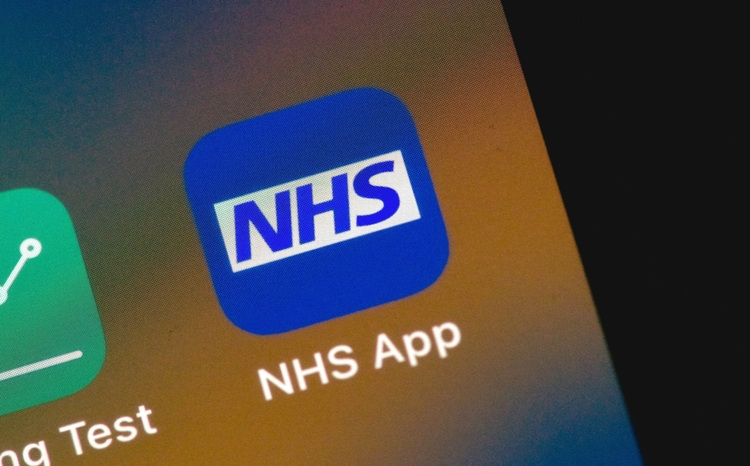i-Contact aims to combat missed appointments
- 27 December 2006
A new web-based communications engine called i-Contact has been developed to help GPs combat the problem of missed appointments.
The i-Contact system, from communications specialists Data SMS, is a two-way communications tool allowing surgeries to text patients or leave voicemail messages on their mobiles reminding them of their appointments.
It also allows patients to leave a message for surgery staff if they want to check or cancel existing appointments.
Data SMS’ managing director, Terry Munley, told E-Health Insider Primary Care that he thought it would help GP surgeries reduce the number of missed appointments and help save them time and money, after he saw Developing Patient Partnerships survey results. These indicated that over 11 million GP and five million nurse appointments were missed each year, costing the NHS around £190m.
“The system is already in use in the motor industry allowing customers to check their vehicle’s status when it is getting serviced or repaired, and I thought it would be a useful way of communicating with GPs. We have been working with GP surgeries and feedback has been good enabling us to develop a system not just for missed appointments, but also for flu jab reminders and those kind of things which would normally be communicated by letter.”
The system is not yet in use, but Data SMS are working with surgeries in Blackburn, Blackpool, Bolton and surgeries in the North-east. They hope to be able to deploy systems by January.
Munley explained: “i-Contact works through a secure web-portal on our website. We take patient names and contact numbers from the surgeries we work with and store them in the system in a secure database. The surgeries can then use generic messages to send to a patient’s mobile phone or deliver voicemail messages direct to home phones.
“The system can save GP surgeries time and costs of having to print letters and fit them into envelopes for posting and so on. Now staff members can send up to 500 messages in ten seconds just with the click of a button and can monitor the status of the messages till the patient opens it.”
The system should reduce the necessity for patients to call surgeries to book, confirm or even cancel appointments and speed up communication between patients and doctors – a process that can be time consuming when phone lines are engaged due to staff making appointment reminder calls.
“We have had a lot of interest in the system so far. We hope that it will not only benefit the surgeries themselves, but also their patients. Its time saving elements mean core savings for surgeries and its audit trail ability helps them demonstrate their QOF targets.”
He added: “Once we can prove the system works, it is possible that we could move it to hospitals and other NHS areas.”




